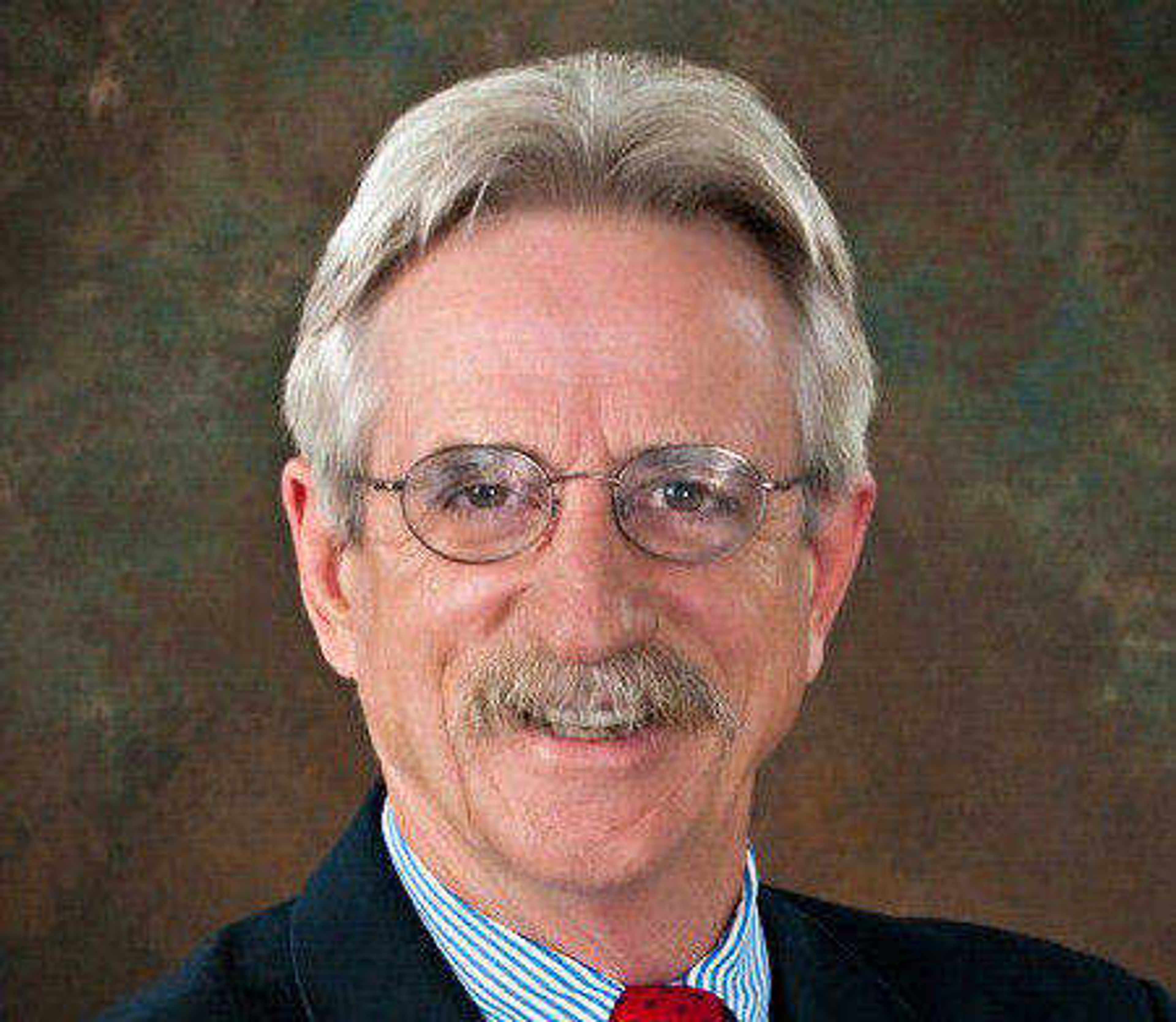Welfare programs should be helping hand, not a lifestyle
The top priority for the Trump administration in 2018 is welfare reform. And if you seem to recall hearing about welfare reform in the past, you're right. Welfare reform goes back at least to the Reagan administration and was interestingly a high priority during the Clinton administration as well...
The top priority for the Trump administration in 2018 is welfare reform. And if you seem to recall hearing about welfare reform in the past, you're right.
Welfare reform goes back at least to the Reagan administration and was interestingly a high priority during the Clinton administration as well.
But with each passing year, the funding for countless welfare programs has continued to grow.
What was once viewed as a helping hand and a safety net has now become a lifestyle for far too many.
If you disagree with that assessment, you're blind.
Rarely has a politician been quite as honest as Utah Sen. Orrin Hatch who last week said what most of us feel.
"I have a rough time wanting to spend billions and billions and trillions of dollar to help people who won't help themselves -- won't lift a finger -- and expect the federal government to do everything," Hatch said.
The real problem with today's welfare programs is that many worthwhile programs -- such as the Children's Health Insurance Program -- are low on funding because of countless "lousy" programs going to those who use those funds as a form of lifestyle and not a bridge to expanded opportunities.
Hatch rightfully said that the Democrats' liberal philosophies have created millions who "believe everything they are or ever hope to be depends on the federal government rather than the opportunity this great country grants them."
Truer words were never spoken.
The Democrats consistently balk against welfare reform because they fear a voter backlash among many in their voting bloc.
I fully understand the political ramifications. Yet that shallow approach to welfare reform threatens the future of many truly worthwhile programs.
President Reagan was roundly criticized with his "welfare Queen" comment but, time has proven him right.
But back to reality.
Despite a growing need for welfare reform and despite universal agreement that many welfare programs are counterproductive, don't look for much progress on this front in 2018.
Why? Well it's an election year and politicians of all stripes fear voter backlash if you threaten to take away benefits they believe is their entitlement.
President Clinton waited until late in his second term to address a major overhaul of welfare programs. With no election ahead, he knew his chances for true reform were much greater.
Congress will likely tackle infrastructure programs in this coming election year because it's much safer politically than welfare reform.
But the day will come -- perhaps in Trump's second term -- when at long last Congress does what the American public want and addresses the people Sen. Hatch described.
Michael Jensen is the publisher of the Standard Democrat in Sikeston, Missouri.
Connect with the Southeast Missourian Newsroom:
For corrections to this story or other insights for the editor, click here. To submit a letter to the editor, click here. To learn about the Southeast Missourian’s AI Policy, click here.










